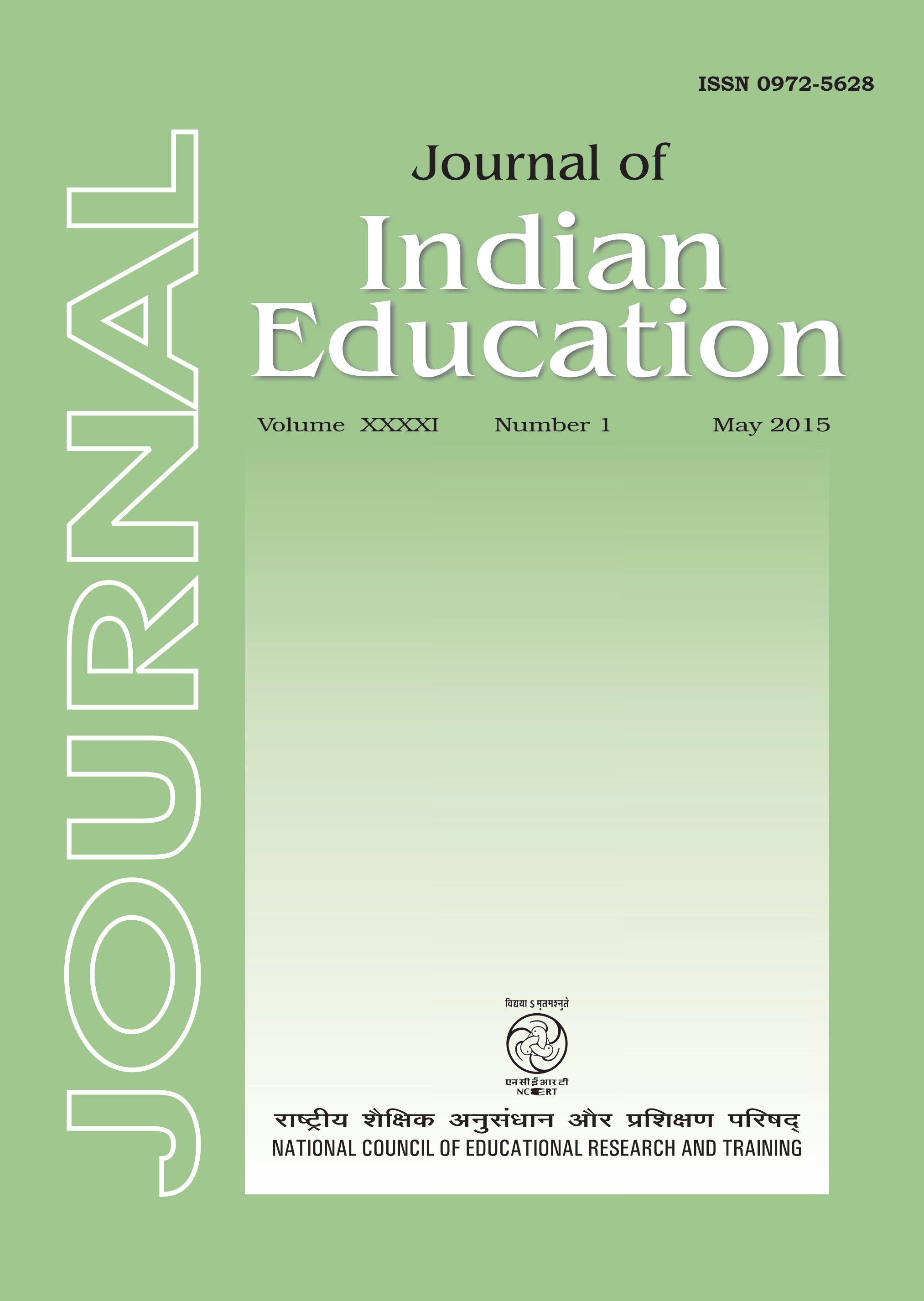Published 2024-12-12
Keywords
- Child Development,
- Children's Learning
How to Cite
Abstract
This paper will try to elaborate on the theoretical aspect of language of humour and its implication in children’s learning. An attempt is made to discuss the aesthetic dimension of human experience where a certain kind of emotional sensation, evokes laughter and mirth. In a flash, humour connects children to the multifaceted shades of life. It is seen that modern day education emphasises on learner-centred classroom, with the message that the teaching-learning process should be centred on each child’s needs, wants, and initiatives. The possible suggestive precondition is assumed to be the child’s laughter and happiness as per the ‘Learning without Burden’ (1993) report and National Curriculum Framework (2005), which stress on the use of humour in classroom learning. However, whether humour is healthy or not, is still a debateable question. The paper presents the philosophical, psychological and language orientation on humour.

